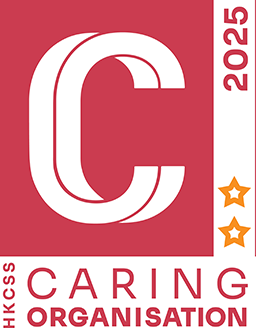Course Coordinator: Dr Kevin Hung, BSc (Queen’s University); MPhil, PhD (CUHK); SMIEEE; MIET; MCIE
This course is an optional course for the following programmes: BSc and BSc (Hons) in Electronics and BSc (Hons) in Electronics (with Management).
The course examines the development of micro- and nano-scale devices in terms of their engineering and operation. Mechanical, electrical, chemical and biological engineering of these 'small worlds' is revolutionizing our lives through devices smaller than the eye can see. Aspects of this 'unseen' engineering are investigated in the light of scientific principles and the practical constraints they impose. A selection of applications, chosen to illustrate how engineering solutions are achieved on the micro and nano scales, is described.
Aims
This course aims to:
demonstrates how matter can be manipulated at the atomic and molecular scale to serve the engineering needs of society for ever-smaller systems acting as intelligent monitors, controllers and micro-environments;
examines how micro and nano technologies are being advanced. A firm grounding in engineering on both micro and nano scales was gained, through the detailed study of how scientific and engineering principles are applied to the design and manufacture of real devices.
Contents
The course covers the following topics:
Understanding nanotechnology
– an introduction to the subject of nanotechnology
– engineering at the atomic scale
Structural and inertial systems
– MEMS Pirani sensor
– mircomachining
– sources of uncertainty in transducers
– microscale gyroscope
Electronic and optical devices
– aspects of light
– conversion between light signals and electronic signals
– electronic memory and electronic switches
– microelectronic solutions for digital photography
– light and mater
– LCD and LED
Working with nature
– construction with lipids and proteins
– electrical transmission within cells
– energy in cells
– DNA and molecular machinery
Learning support
There will be ten tutorials and nine surgeries, each of two hours. All of the tutorials and surgeries will be conducted in classrooms. Some seminars may also be introduced.
Assessment
There will be four assignments and a final examination. Students are required to submit assignments via the Online Learning Environment (OLE).
Online requirement
This course is supported by the Online Learning Environment (OLE). You can find the latest course information from the OLE. Through the OLE, you can communicate electronically with your tutor and the Course Coordinator as well as other students. To access the OLE, students will need to have access to the Internet. The use of the OLE is required for the study of this course.
Equipment
A computer system suitable for connecting to the Internet is essential for accessing the online support. The minimum configuration of the computer system is:
Pentium 4 2.4 GHz CPU or above
VGA display card and monitor
1 GB RAM
2 GB free hard disk space
Internet access
Mouse, keyboard and printer
Software
You will need to have access to a computer with Microsoft Windows XP or a later version with an Internet browser to access the course homepage and a Word Viewer or Microsoft Office to read the documents downloaded from the course website. Six audio programmes and one video programme on CD and DVD are provided. CD and DVD players are essential.
Set book(s)
There are no set books for this course.
Students with disabilities or special educational needs
Students with impaired sight might have difficulty with the use of a computer monitor. You are encouraged to seek advice from the Course Coordinator before enrolling on the course.










